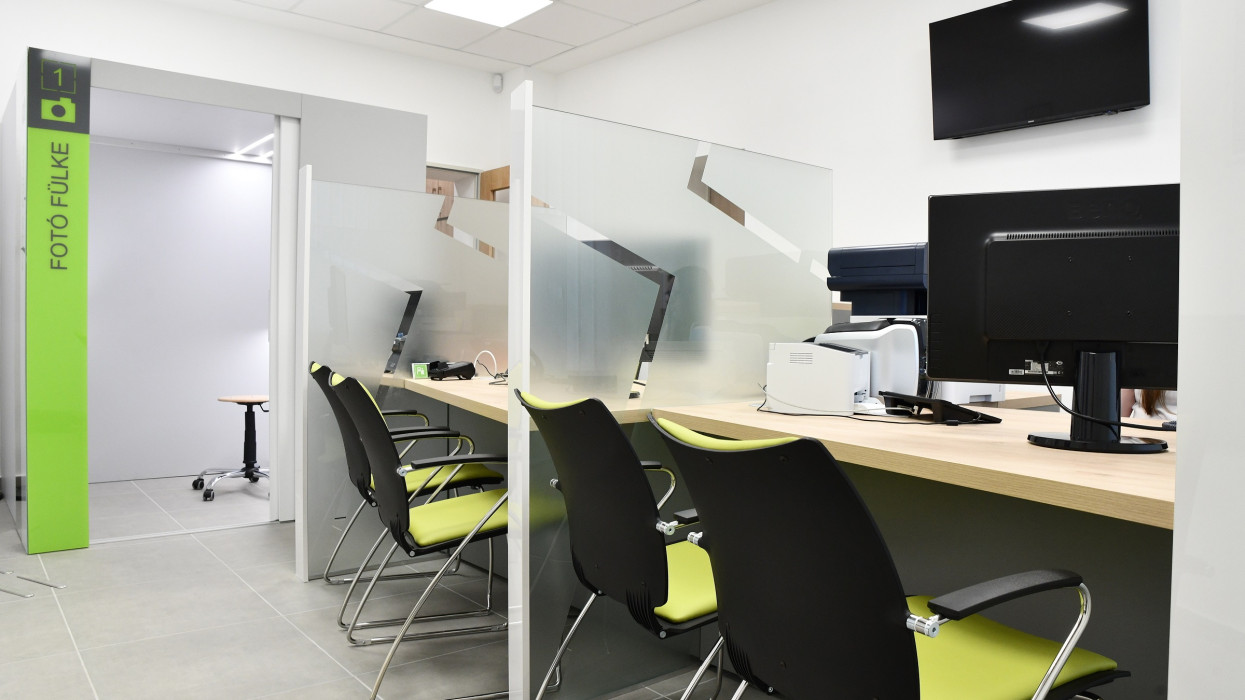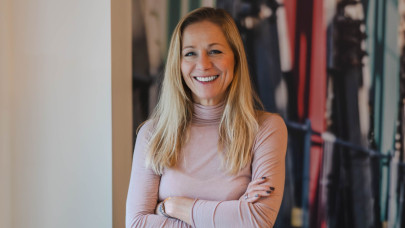The 2018 “Way for Milk!” motor rally has reached a successful conclusion after participants enjoyed five days driving more than 1,250 km through the Canadian provinces of Quebec and Ontario. The 55 participants in 20 cars started in Montreal and travelled through Ottawa, Lindsay and Kitchener on the way to their final stop near Niagara. Highlights on the way included visits with 24 dairy-related enterprises and a barbeque with more than 100 Canadian farmers in attendance.
Organized by Russia's The DairyNews (www.dairynews.ru), which is one of the largest specialist publishers in the global dairy market, the “DairyRally” gave those taking part the opportunity for a close look at Canadian agriculture, and especially dairy farming. Milk production is an important part of Canada's agricultural sector, and 60 percent of the country's dairy farms are located in Ontario.
Sandra Willer from the DLG (German Agricultural Society) and responsible for North America, who took part in this year's event as part of its EuroTier on Tour program, said Canada's milk producers had welcomed the DairyRally participants. “The farmers opened their farms, answered our questions and gave us a chance to look behind the scenes,” she said. “It was impressive to see well-organized businesses, progressive supply management, family team spirit and huge passion for agriculture.”
EuroTier, which is organized by the DLG and will take place in Hanover, Germany, from 13-16 November this year, was a global partner of the 2018 DairyRally. The event's goal of seeking to promote experience sharing and providing a platform to discuss global problems facing the dairy sector is closely aligned to the society's mission, which includes promoting international agricultural knowledge across nations.
“We saw many different technologies employed in Canadian dairy farming,” said Dr. Olga Hunger responsible for Eastern Europe from the DLG, who took also part in this year's event, added. “There were new, expanded and modernized dairy buildings featuring a range of different cow accommodation concepts including tie-bars as well as two, four and six rows of cubicles.
“Solutions for cow comfort included cubicles with rubber mats, sand beds, straw and deep litter; as well as ventilation systems, sprays to cool the cows on hot days, and automatic brushes for scratching their backs!”
Milking technology seen by participants taking part in the 2018 DairyRally included every system from pipe milking to milking parlors and the latest milking robots. “The spread of robotic milking on Canadian dairy farms is progressing at a great pace, mainly due to labor shortages,” Hunger said. “This is confirmed by figures from Lely. It currently has 2,000 of its milking robots in use in the country, and there are plans to install 800 more this year.”
Lowest production costs in Canada
Hunger said the DairyRally group had met the dairy farmer that, according to Holstein International and Holstein Canada, has raised the largest number of cows in the world with a lifetime production of 100,000 kg of milk or more. “This farmer has also achieved the best results in Canada for reducing production costs per liter of milk,” she added. “His business' costs were only 0.55 Canadian dollars (0.37 euros) per liter.
“We also visited a dairy farm that has twice been awarded the Master Breeder Herd Award – the highest Canadian honor for dairy farmers specializing in the Holstein breed. This was particularly remarkable as breeders can only win the award once every 15 years.
“We were really impressed with progress in the application of modern reproductive methods in Canada,” Hunger said. “Almost every farm uses genome analysis, sexed semen, and embryo transplantation and splitting for inventory build-up.”
The DairyRally participants also got the opportunity to understand the supply chain management system in place for the dairy market in Canada. “Thanks to this, milk producer prices are stable and much higher than in the EU, USA and New Zealand,” Hunger said. “While Canadian farmers do not receive subsidies for milk production, benefitting from higher prices and steady incomes significantly facilitates production planning.”
As the 2018 rally came to an end, Olga Hunger said the visits to dairy farms had resulted in lively discussions between Canadian and Russian milk producers. “It was clear that the expert discussions and exchange of experiences enriched all the participants,” she added.
Willer concluded “The dairy sector is all about its people; everything depends on them.”
EuroTier on Tour continues in the run-up to this year's trade fair, with visits planned to agricultural shows in countries including Belgium, Finland, India and Slovenia. More information on these visits can be found online at: www.eurotier.com/en/exhibitorservice/eurotier-on-tour/







